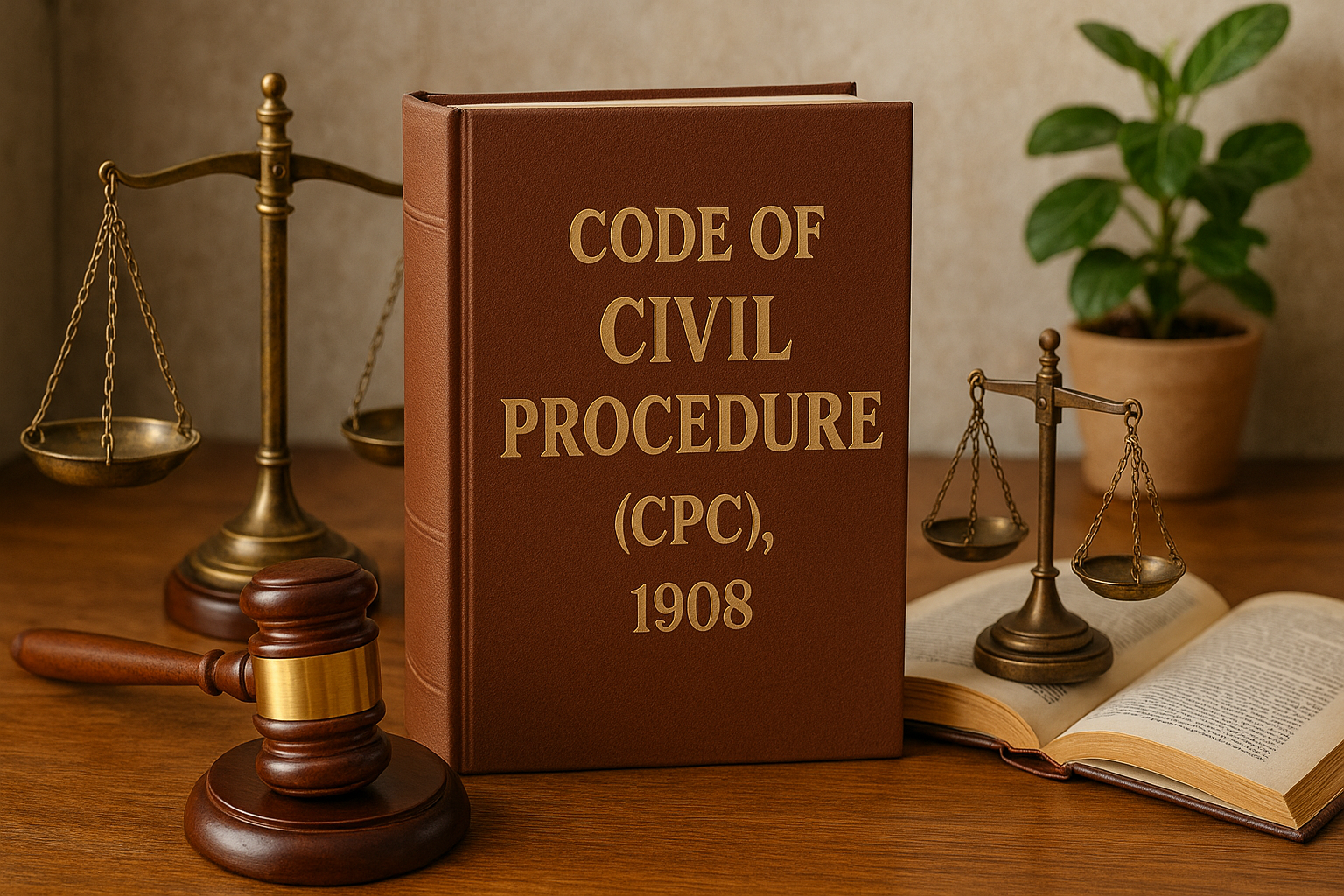1. Meaning of Admission
An admission is a statement made by a party to a legal proceeding which acknowledges the truth of a fact asserted by the opposite party. Admissions can significantly narrow the scope of dispute and may even lead to a judgment without trial if they are clear and unambiguous.
Governed by Sections 17 to 23 of the Indian Evidence Act and Order XII of the Code of Civil Procedure, 1908.
2. Types of Admissions
| Type | Description |
|---|---|
| Judicial Admission | Made in the course of a legal proceeding; binding unless withdrawn or disproved |
| Extra-judicial Admission | Made outside court; not conclusive, needs corroboration |
| Express Admission | Clearly and explicitly stated |
| Implied Admission | Arises by conduct or failure to deny allegations |
3. Modes of Admission under CPC
Admissions under the CPC can occur through:
A. Pleadings
-
Statements in the plaint or written statement.
-
Facts not specifically denied are considered admitted (Order VIII Rule 5).
B. Documents
-
Any written acknowledgment submitted in court records.
C. Oral Statements
-
Statements made during the hearing or through examination.
D. Notice for Admissions (Order XII Rule 2)
-
A party may serve a notice asking the other party to admit certain facts or documents.
4. Order XII – Key Provisions
| Rule | Provision Title | Summary |
|---|---|---|
| Rule 1 | Notice of Admission | Party may call upon opponent to admit facts |
| Rule 2 | Notice to Admit Documents | If denied without reason, denying party may bear costs |
| Rule 3 & 4 | Form of Admission | Admissions may be oral or in writing |
| Rule 6 | Judgment on Admission | Court may pass judgment based on clear admissions without trial |
5. Judgment on Admission (Order XII Rule 6)
The court has the discretion to pronounce judgment based on admissions if:
-
The admission is clear, unambiguous, and unconditional
-
It is made in pleadings or otherwise (including letters, affidavits, etc.)
-
It relates to a part or whole of the subject matter
Purpose:
-
To save time and expenses
-
To dispose of cases where trial is unnecessary
6. Effect and Importance of Admissions
-
Binding on the party who makes it
-
Can dispense with the need for proof
-
May result in partial or complete decree
-
Cannot be withdrawn unless permitted by the court
7. Important Case Law
Karam Kapahi v. Lal Chand Public Charitable Trust (2010)
Held that Order XII Rule 6 empowers the court to pass judgment based on clear admissions, even outside formal pleadings.
Narayan Bhagwantrao Gosavi v. Gopal Vinayak Gosavi (1960)
An admission must be voluntary, clear, and unequivocal to be legally binding.
8. Difference Between Admission and Confession
| Basis | Admission | Confession |
|---|---|---|
| Nature | Applies in civil and criminal cases | Applies only in criminal cases |
| Effect | May form basis of judgment in civil cases | Can lead to conviction |
| Scope | Includes acknowledgment of facts or rights | Only acknowledgment of guilt |
9. Conclusion
Admissions play a vital role in simplifying civil litigation by reducing the number of issues that need to be proved. Order XII CPC ensures that once a fact is admitted, it need not be litigated further. A clear understanding of this concept helps in efficient case preparation and may lead to early resolution of disputes through judgment based on admission.

